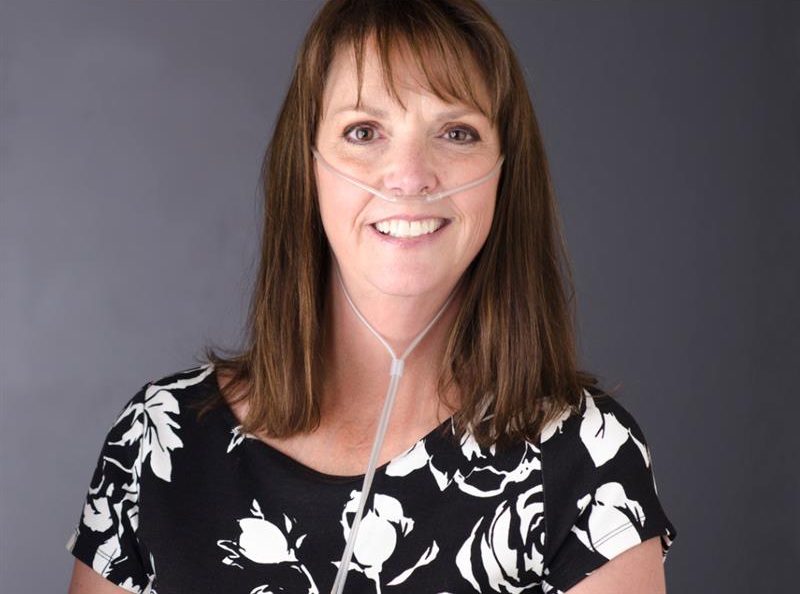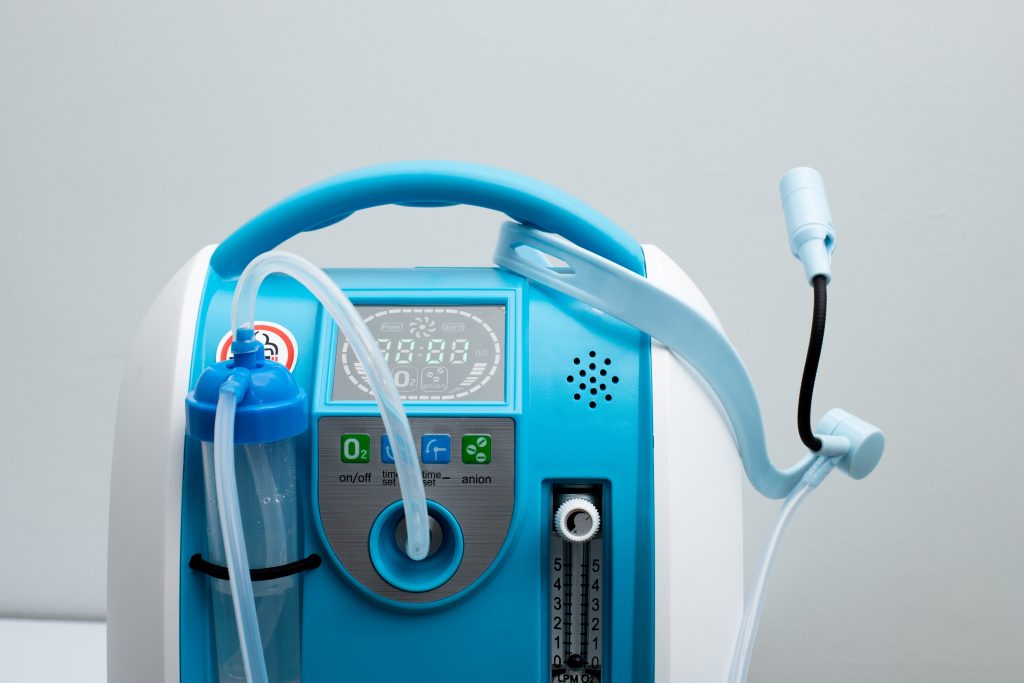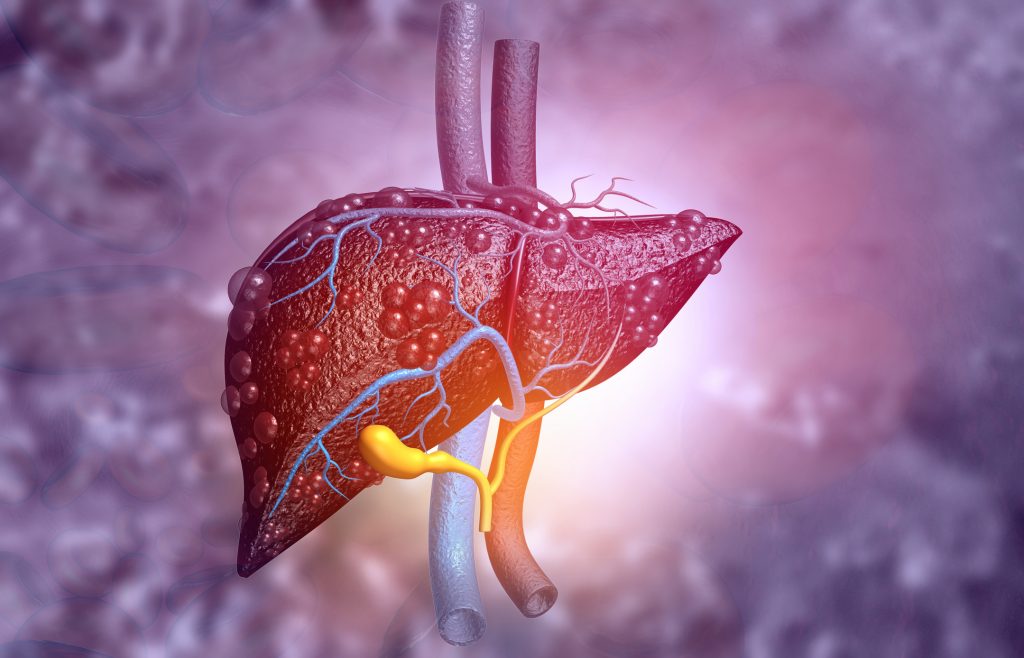Over the long term, low blood-oxygen levels (hypoxemia) can lower your quality of life severely — and lead to death. Diagnosing hypoxemia, assessing oxygen needs, and starting oxygen therapy is key to living a better life with Alpha-1 lung disease. Download Assessing Oxygen Needs – Now and in the Future as a PDF. Do you…
Assessing Oxygen Needs: Now and in the Future











